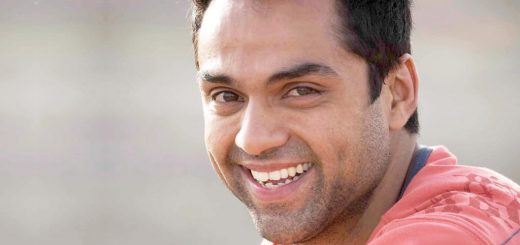Hair Care After Pregnancy: Tips For Dealing With Hair Loss
Pregnancy changes peoples’ lives in so many ways. It brings people together, it turns couples into families, and in some cases it saves lives. Pregnancy also changes a woman’s body in many ways. Don’t forget to look past the obvious belly bulge and bulges in other areas. Pregnancy also changes one’s skin and joints and may make or break her crowning glory her hair.
After giving birth or discontinuing nursing, many women suddenly lose a lot more hair than usual (this can also happen to women who stop using birth control pills). Relax you’re not going bald. All those hormones were just preventing the normal amount of hair from falling out; what shows up in clumps in the shower is just the backlog. The upside is that, while you’re pregnant, you might have a particularly full, luxurious head of hair.
It may be shocking to be faced with hair loss after pregnancy, but in fact, this is a very common occurrence in pregnant women. Keep reading to discover more about this condition so you know what to expect during this already very stressful but exciting time in your life.
Causes for Hair Loss in Women after Pregnancy:
Giving birth to a child may cause hair loss temporarily because of hormonal changes in a woman’s body. After childbirth, there are usually very low levels of estrogen in the woman’s body, and this can be one major cause of hair loss. Pregnant women have a raised level of progesterone and estrogen. When these levels decrease suddenly after delivery, this causes their hair to stop growing. After childbirth the “resting” hair follicles would begin to fall out. Usually, hair loss occurs between three and six months after pregnancy.
One more reason why hair loss is associated with pregnancy is that many women take oral contraceptives for some time until they wish to become pregnant, and after that discontinue the birth control. Because many women would discontinue taking oral contraceptives just before their pregnancy and they think this is the cause of hair loss, when this happens due to discontinuing birth control.
How it Happens?
Pregnant women experience high levels of Oestrogen as a natural chemical reaction to help develop the growth and health for both of baby inside and mom. This heightened level of Oestrogen can cause increased hair growth by sending the signals to the follicles. Some women actually experience hair growth during pregnancy and hair loss after that. This absolutely normal and often changes are only temporary. Hormone levels usually re-adjust after childbirth and the hair often may fall out in an attempt to rebalance itself.
Why the Changes?
Thicker Hair:
During pregnancy, it is believed that high estrogen levels extend the anagen or growth phase of the hair, while slowing down the telogen or resting phase to where hair that would normally have been shed continues to rest.
This explains why some expectant mothers experience thicker, more luxurious hair, while others find that their previously manageable hair is growing totally out of control.
Oily or Frizzy Hair:
Depending on your personal genetic make up, during pregnancy your oil-producing glands may either speed up or slow down production in accordance with your hormonal changes causing otherwise straight hair to suddenly become wavy or previously dry hair to now be oily.
Sometimes, help from your local stylist along with a little beauty product investigation on your part can help you, too, survive this hair-raising side effect of pregnancy!
How to Stop Hair Loss after Pregnancy?
Hair loss after pregnancy is very normal and moreover, it is a temporary process. Below are a few hair loss solutions to prevent losing your hair after pregnancy.
- Since hair are more prone to breakage after pregnancy, it is very important that you handle them with extra care while brushing and washing.
- Use a wide-toothed comb to detangle hair, especially when they are wet.
- Avoid using any harmful chemicals on hair, use a hair fall prevention shampoo and conditioner. Herbal products will be more suitable.
- Try not to tie up hair too tightly that can easily cause them to break or fall off. If tying a ponytail or braiding hair, take care to tie them loosely.
- Eat a nutritious diet consuming a high protein diet and incorporating foods rich in iron will prove beneficial for hair. Before that consult with the doctor about what to include in the diet, as you do not want any unnecessary problems while you are still breastfeeding your baby.
- Avoid using heating appliances like dryers or hair irons on hair.
- Light oil massages will be beneficial for hair.
- Last but not the least, try a new shorter hair style if the hair loss is grave.
Some women experience hair loss during pregnancy. Hair loss during pregnancy can be due to the birth control pills that are consumed until just before pregnancy. If she discontinues the medicine right before pregnancy, the hair loss that is seen thereafter, is mistakenly associated with pregnancy. If you are experiencing normal or increased hair fall during pregnancy and, birth control pills are not the reason for it, it is suggested that you should talk to the doctor regarding the problem.
Hair loss after pregnancy is not a serious issue and can be handled easily with efficient care. However, if excessive hair loss after pregnancy is observed for a long duration, it is better to consult with the doctor.


